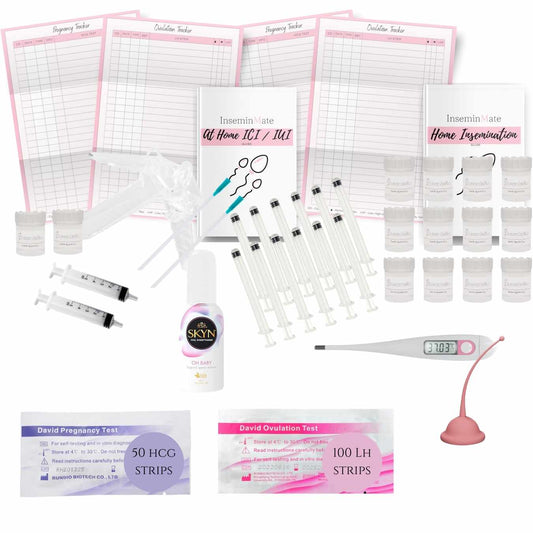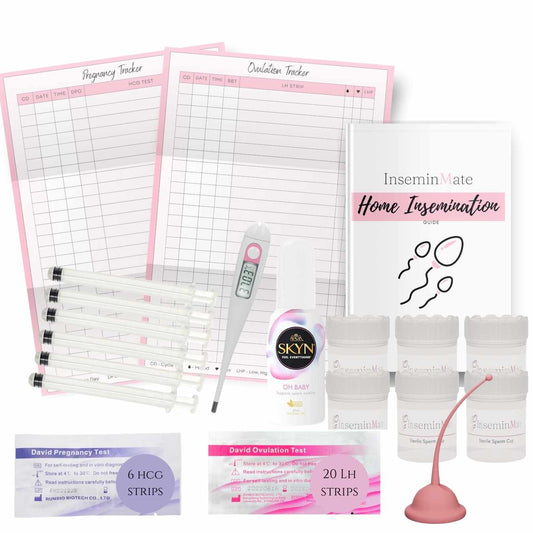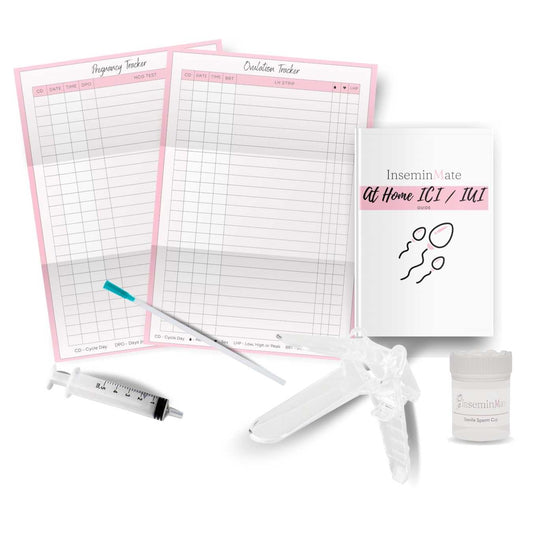At-home insemination using a syringe is becoming a popular method for couples and individuals trying to conceive. However, there are concerns about whether the process could damage the sperm during the transfer. In this blog post, we'll explore the potential for damage to sperm during at-home insemination using a syringe.
What is at-home insemination using a syringe?
At-home insemination using a syringe is a method of achieving pregnancy by using a donor sperm or partner's semen and transferring it directly into the cervix or vagina. This method is gaining popularity as it's more affordable and less invasive than other methods like IVF.
Can a syringe damage sperm?
Using a syringe to transfer sperm into the cervix or vagina should not damage the sperm. Syringes used for at-home insemination are typically small and made of soft materials, which helps to prevent any damage to the sperm. However, there are a few things to keep in mind to ensure the best outcome.
Firstly, it's important to ensure that the syringe is sterile and clean before use to avoid any infection. Secondly, using a syringe with a needle can damage the sperm, so it's important to use a syringe without a needle or remove the needle before use.
Additionally, it's important to use fresh sperm that has been collected within the past hour. Storing sperm for too long or exposing it to extreme temperatures can damage the sperm and reduce its viability.
Conclusion
At-home insemination using a syringe is a safe and effective method for achieving pregnancy. When performed correctly, using a syringe should not damage the sperm. It's important to ensure the syringe is sterile, use a syringe without a needle, and use fresh sperm that has been collected within the past hour to maximize the chances of success. If you have any concerns or questions about the process, it's always best to consult with your healthcare provider.




